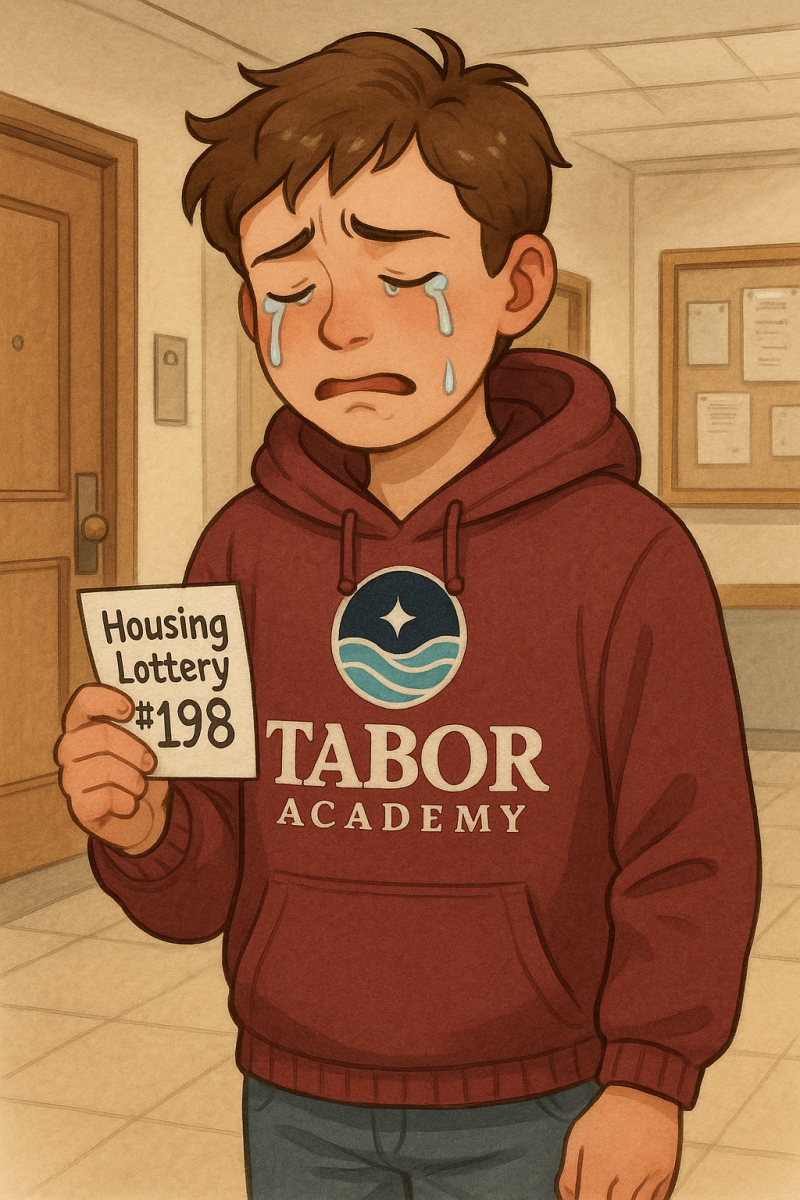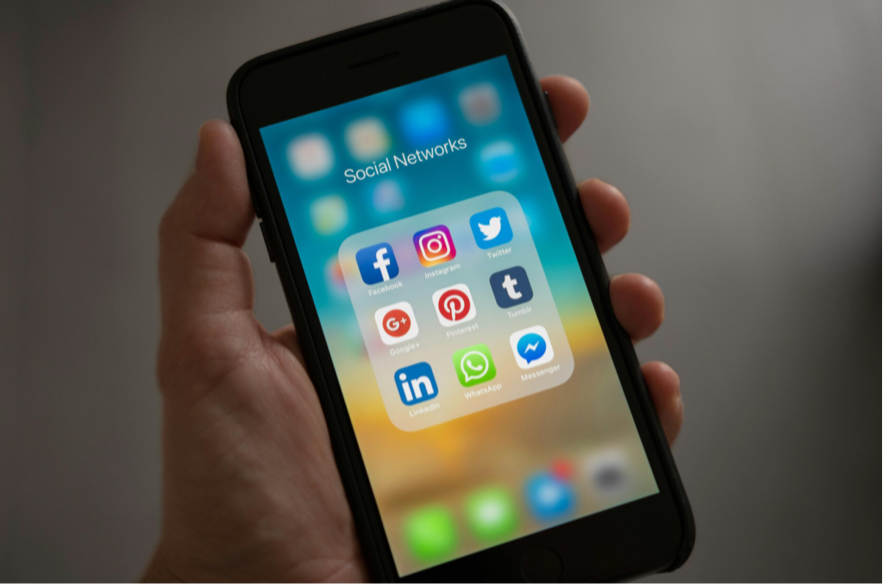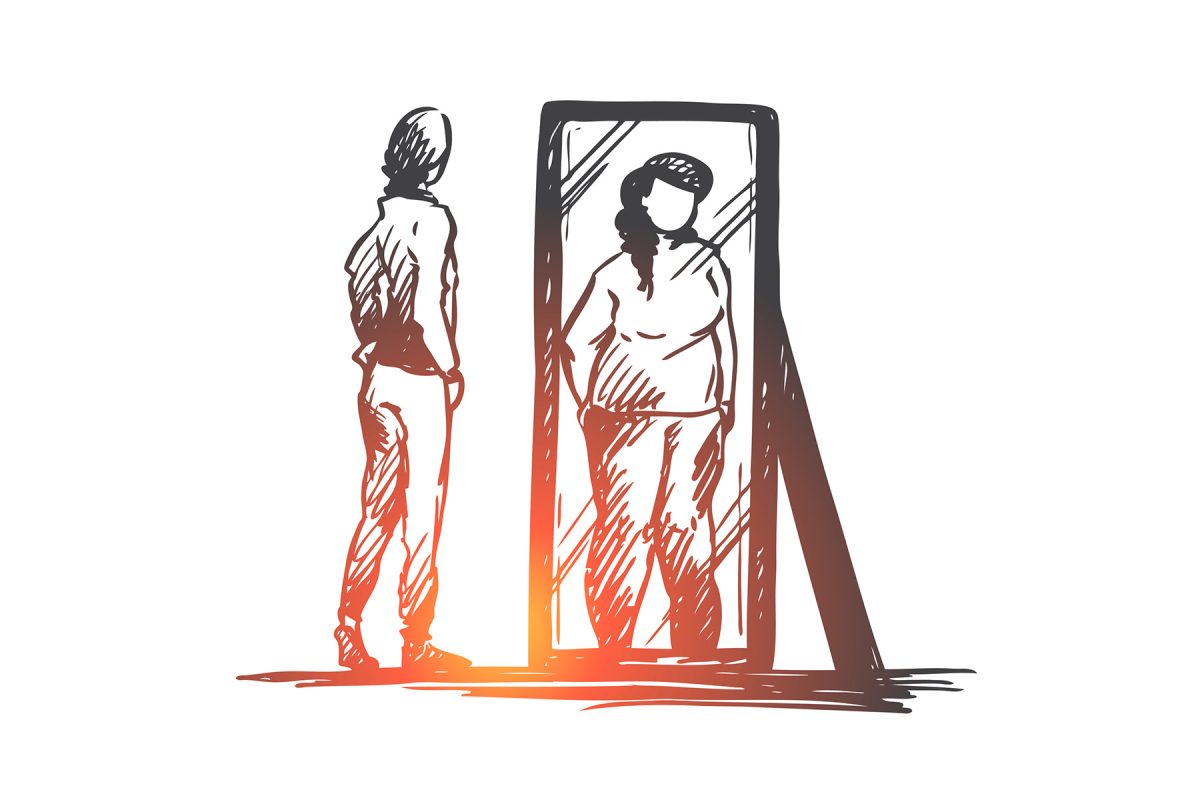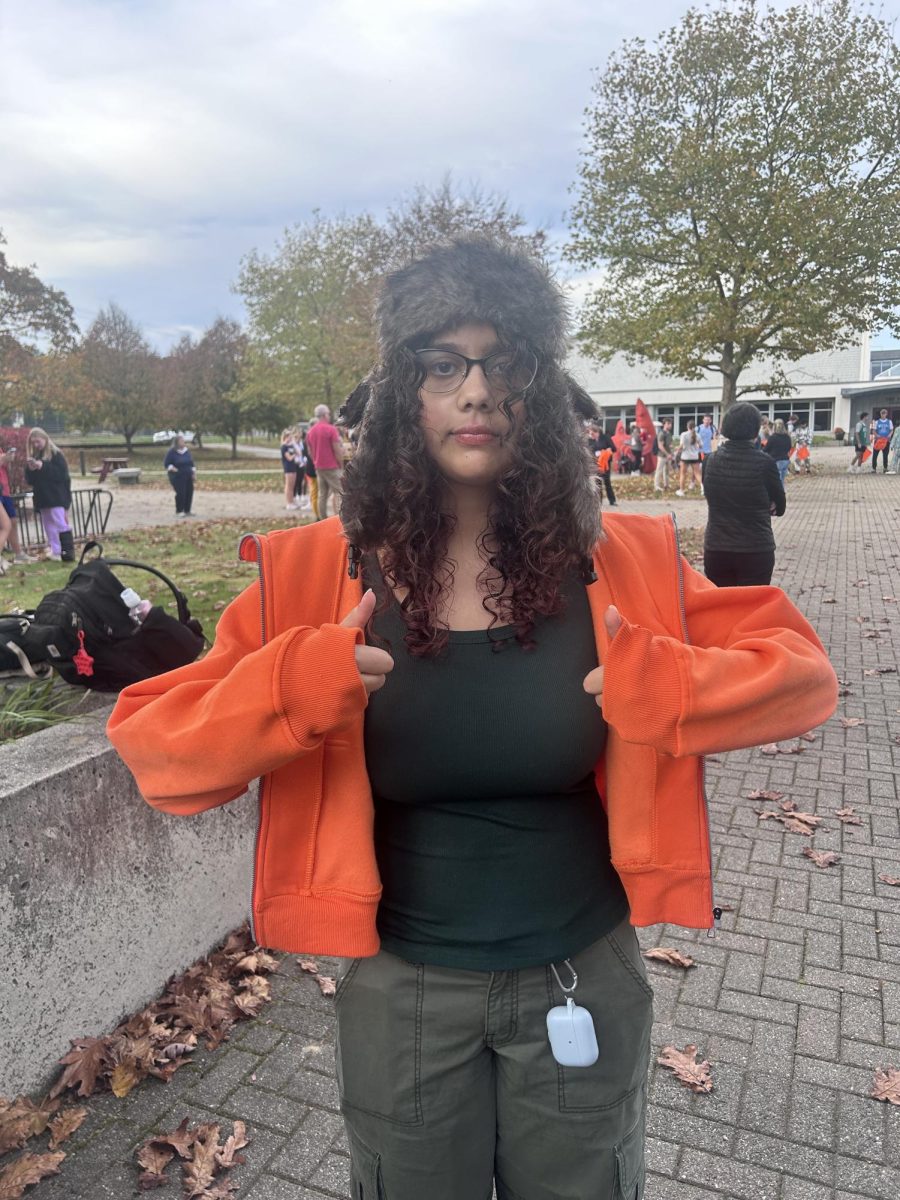This is the second installment in Well-being, an occasional column that focuses on health and wellness.
They vary slightly, but they’re familiar scenes. A classmate sits across from you at a small wooden desk, arranging their colored pencils in a neat line like obedient toy soldiers. A student giggles at the lone streak of marker left on the whiteboard after a teacher erases a math problem. We hear it every day. “I’m so OCD.”
I’ve known what OCD is for as long as I can remember. I’ve had OCD for as long as I can remember. But I didn’t know I had OCD until my Junior year of high school. As it did for many, throughout my childhood, the trio of letters floated around my world and bounced off my skull, only to occasionally strike me as a sophisticated synonym for adjectives like “neat” and “tidy.”
But in that same childhood, something loomed over me. A voice, a beggar, always telling me to do more. It grew as I grew. By high school, it told me I needed to repeat the same prayer every night, or else the planet would explode. It told me I had to tell my friends I loved them twice a day, or else I was a bad person. It told me I had to do as much homework in one night as possible or I’d lose my intelligence. This entity following me around was misdiagnosed as anxiety. So I treated it as such, yet I grew hopeless as its whispers persisted despite endless breathwork and mindfulness practice. That was until I relearned a term I thought I knew – OCD.
Obsessive Compulsive Disorder is a mental health challenge characterized by obsessive thoughts that are managed through repetitive, compulsive actions. It is one of the most widely misunderstood disorders in the world. Despite its potentially debilitating effects, it is plagued by myths, stigma, and misconceptions. OCD symptoms are often misdiagnosed as anxiety, and their associated behaviors are often dismissed as quirks and choices. In reality, OCD is a disorder that is diverse in its symptoms and manifestations – it looks different on every person. For some, yes, OCD can look like arranging pencils in a neat line or over-scrubbing the kitchen counter. But these are just two examples of infinite compulsions. For me, OCD looks like repetitively reassuring my friends, assigning superstitious value to my schoolwork, or repeating phrases in my head.
Public misconceptions of mental health challenges have effects beyond perpetuating misinformation. They trigger a harmful cascade of stigma, misrepresentation, and isolation that prevent people from getting the help they need. The inaccurate societal portrayal of OCD delayed my willingness to investigate my symptoms and seek adequate support.
Ultimately, awareness saved me. It saved my social ability, academic habits, and quality of life – and it can save others too. Taking the time to understand mental health challenges and advocate for their accurate representations can have immeasurable impacts. Spreading awareness and approaching mental health conversations with intentional inquisitiveness can change lives – it certainly changed mine.


















